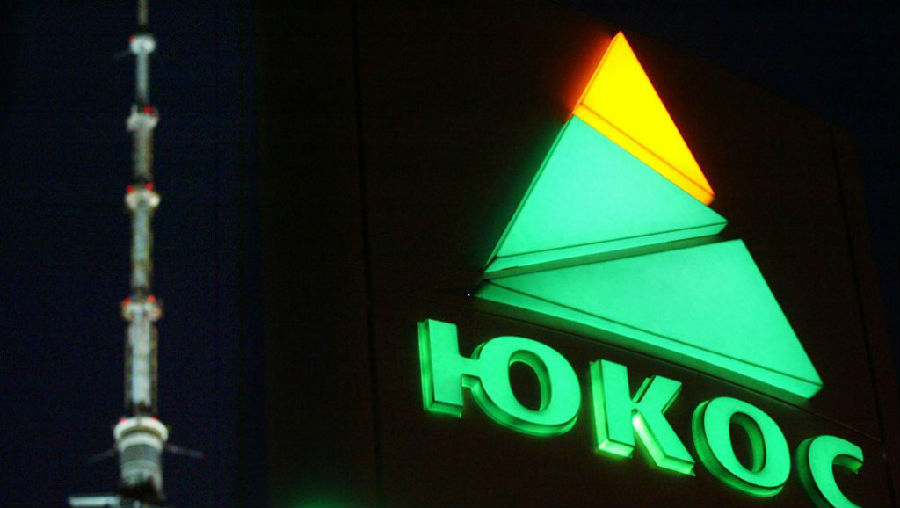A visitor to Moscow inquiring about the outlook for Russia's economy
前往莫斯科大廳俄羅斯經濟前景的訪客
will often be met with answers that take a detour into the country's past.
往往會得到一些有關該國往事的答案。
Ask, for instance, why Russia runs such conservative budgetary and interest-rate policies
例如詢問為什么俄羅斯采取如此保守的預算和利率政策
and you may be told that the trauma of default in 1998 bred a strong desire for low debt and low inflation.
你可能會被告知,1998年的違約創傷催生了對低債務和低通脹的強烈愿望。
Ask why property rights are weak and you may be taken further back, to the end of serfdom in 1861.
詢問為什么財產權如此脆弱,你可能會被帶回到1861年農奴制結束的時候。
Until then many Russians did not even own their own souls.
在那之前,許多俄羅斯人甚至沒有自己的靈魂。
Not all investors are history buffs. But looking at Russia through the lens of risk and reward they see a dichotomy.
并非所有投資者都是歷史愛好者。但從風險和回報的角度看俄羅斯,他們看到了一個兩面性。
On the one hand, the emphasis the authorities place on controlling public debt and curbing inflation
一方面,當局把重點放在控制公共債務和抑制通貨膨脹上
makes it an attractive place for bond investors. Russia is fixed income heaven.
這使得俄羅斯成為了一個吸引債券投資者的地方。俄羅斯是固定收益天堂。

On the other, the economy lacks dynamism, in large part because the venturesome cannot lay secure claim to their investments.
另一方面,經濟缺乏活力,在很大程度上是因為冒險者無法保證他們的投資是安全的。
For equity investors, Russia can be hellish.
對權益投資者而言,俄羅斯可能是地獄。
Start with its charms for bond investors. Their aim for their money is to get it back with interest.
從它對債券投資者的吸引力開始。他們賺錢的目標是將錢連本帶利的收回。
They would also like it to retain its purchasing power. Their big concerns, aside from default,
他們還希望它能保持其購買力。除了違約,他們最大的擔憂
are inflation and (unless they are buying hard-currency bonds) devaluation. So there is much to like about Russia.
是通貨膨脹以及(除非他們購買硬通貨債券)貨幣貶值。因此,俄羅斯有很多值得喜歡的地方。
The public-debt burden is light, at below 20% of GDP. True, a lot of tax revenue is tied to the vagaries of oil prices.
公債負擔很輕,不到GDP的20%。沒錯,很多稅收和變化無常的石油價格相關。
But Russia now has a fiscal rule. Its budget is based on an oil price of $40 a barrel.
但俄羅斯現在有了一個財政規則。它的預算是基于40美元每桶的油價。
Any excess revenue goes into a reserve fund. Last year the budget was in comfortable surplus.
任何超額收入都會歸入儲備基金。去年的預算盈余相當可觀。
By stopping the government from overspending, the fiscal rule also helps keep a lid on inflation.
通過阻止政府過度消費,財政規則也有助于抑制通脹。
The Kremlin allows the central bank to set monetary policy without meddling, to meet a goal of inflation of 4%.
俄羅斯政府允許中央銀行在不干預的情況下制定貨幣政策,以達到4%的通脹目標。
The bank's governor, Elvira Nabiullina, is admired for her professional competence—
銀行行長Elvira Nabiullina因其專業能力而受到贊賞—
and also for persuading Vladimir Putin, Russia's president, to allow the rouble to drop in 2014.
也因說服俄羅斯總統弗拉基米爾·普京允許盧布在2014年貶值而受稱贊。
Inflation has since come under control. She has cut interest rates slowly, to 7.5%.
自此通貨膨脹得到控制。她慢慢將利率削減至7.5%。
For bondholders this is wonderful: decent yields, low debt and stable inflation. The rouble is steady.
對于債券持有者而言,這很棒:不錯的收益、低債務以及穩定的通貨膨脹。盧布也很穩定。
American sanctions, imposed after 2014 in response to Russia's military intervention in Ukraine,
2014年俄羅斯軍事干涉烏克蘭后,美國對其實施制裁
led many affected Russian firms to pay down foreign debt.
美國制裁導致很多受影響的俄羅斯公司償還外債。
譯文由可可原創,僅供學習交流使用,未經許可請勿轉載。



